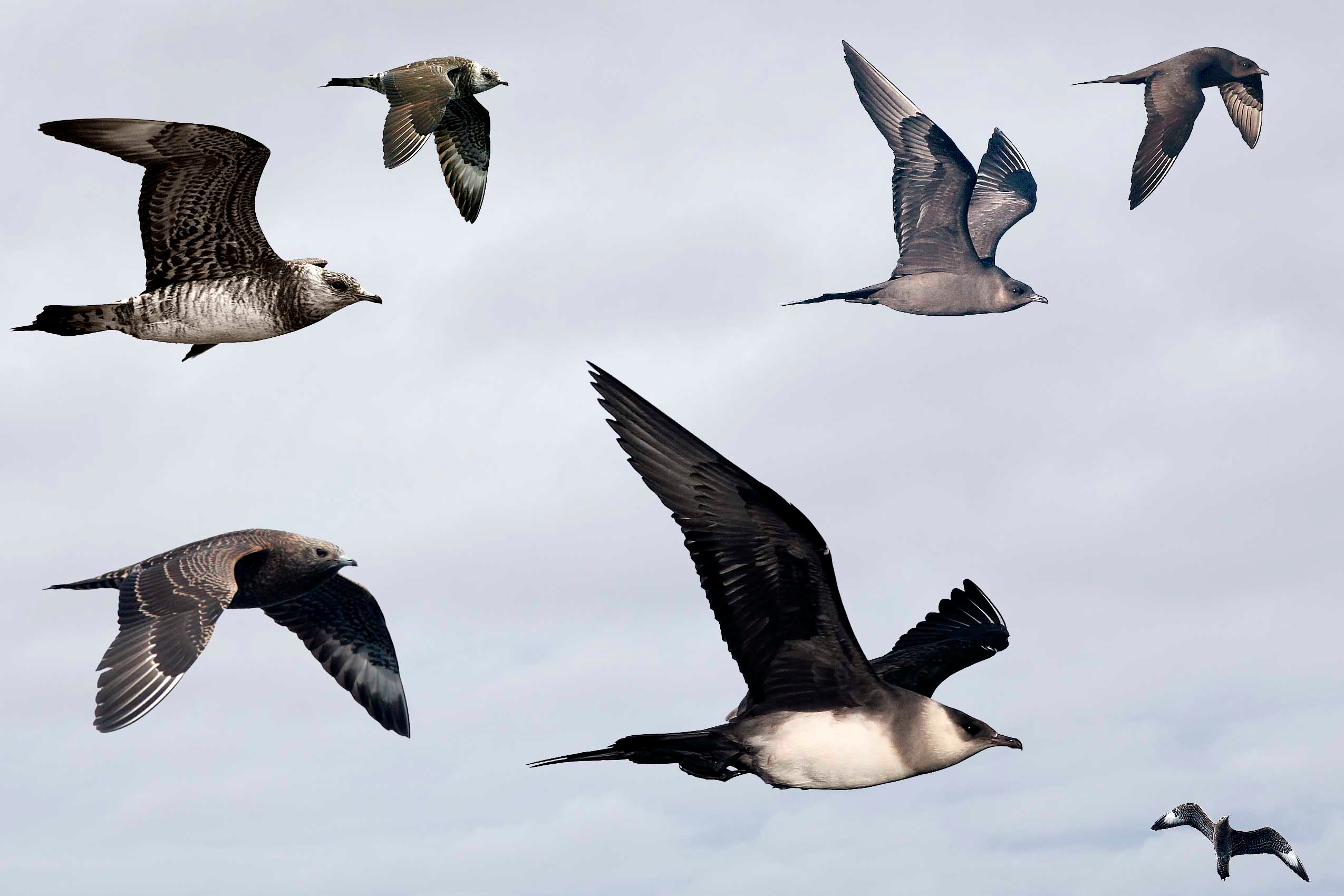Scientists fear for survival of Arctic skua in UK after study shows 'shocking' population decline
Number of breeding pairs in northern Scottish colonies drops 80 per cent in less than 25 years

Your support helps us to tell the story
This election is still a dead heat, according to most polls. In a fight with such wafer-thin margins, we need reporters on the ground talking to the people Trump and Harris are courting. Your support allows us to keep sending journalists to the story.
The Independent is trusted by 27 million Americans from across the entire political spectrum every month. Unlike many other quality news outlets, we choose not to lock you out of our reporting and analysis with paywalls. But quality journalism must still be paid for.
Help us keep bring these critical stories to light. Your support makes all the difference.
Scientists fear the UK’s population of Arctic skuas could become extinct due to food scarcity in the species' natural habitats.
A study of 33 colonies in Orkney, Shetland and Handa, off the coast of Sutherland, saw an 81 per cent decline in breeding pairs between 1992 and 2015 – down from 1,061 to just 200.
The seabird could become extinct as a breeding species in the UK if the trend is not reversed, the RSPB's Centre for Conservation Science has warned.
It identified a reduction in availability of sandeels to Arctic skuas at crucial times of year they need to feed their young as a particular worry.
“Lack of food has been the biggest pressure for these birds and shows just how vulnerable our seabirds and marine life are,” said Dr Allan Perkins, senior conservation scientist at RSBP Scotland and the study's lead author.
“As sandeel numbers have declined around these key northeast areas in Scotland the whole food chain is impacted. If these sharp declines continue, it's possible that Arctic skuas will be lost as a breeding species in Scotland.”
Arctic skuas are medium sized seabirds with pointed falcon-like wings and long, pointed tail feathers.
The colonies studied hold around a third of the UK's breeding population, all of which are found on Scottish islands and in the northernmost reaches of the Highlands.
The total breeding population will be measured by the Seabirds Count census, a full survey of Britain and Ireland's seabirds being held between 2015 and 2019.
“This study provides a shocking snapshot of how Scotland's Arctic skuas are doing,” Peadar O'Connell, marine policy officer at RSPB Scotland added.
“To protect Scottish seabirds, now and into the future, we need to ensure Scotland can provide safe places for them to breed, and secure protected areas for them at sea to feed.
“One positive outcome would be for the Scottish government to formally classify the 15 currently proposed special protection areas for seabirds, including two sites for Arctic skuas.”
Additional reporting by PA
Subscribe to Independent Premium to bookmark this article
Want to bookmark your favourite articles and stories to read or reference later? Start your Independent Premium subscription today.
Join our commenting forum
Join thought-provoking conversations, follow other Independent readers and see their replies
Comments